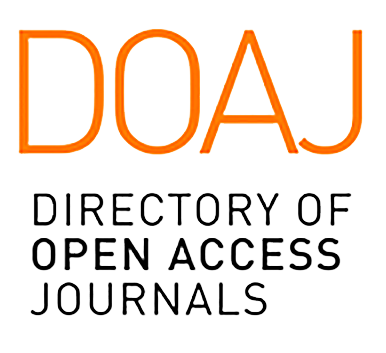

2708-9517






MLA Directory of Periodicals
REAO: East Asian Studies Journals
EBSCO Education
DOAJ
ProQuest
Google Scholar
Semantic Scholar
ROAD
BASE
Helka Helsinki Library
Baidu Scholar
Ex Libris
Jouroscope
US Department of Commerce Research Library

史中琦
哥伦比亚大学,美国
吕伯宁
厦门大学,中国
摘要
随着生成式人工智能技术的迅猛发展, AI 在国际中文教育中的应用引起广泛关注。 AI 正逐渐成为学习生态系统中的第三个支点,与教师、学生形成三方协作的互动模式,可能带来教学关系和学习方式的根本性重构。然而,当前研究多停留在理论探讨层面,缺乏基于真实教学场景的实证检验。本特刊汇集五篇实证研究,从语法教学、翻译协作、技能训练、心理反应、课堂实践等不同维度,验证了 AI 工具在中文教学中的效果与挑战,旨在为 AI 在中文教学中的应用提供科学依据和实践指导。这些研究在方法论上涵盖了对比实验、案例分析、行动研究等类型,在研究角度上包括技能训练、心理体验、教学实践等维度。文章还指出当前实证研究的若干局限,并提出通过构建专业共同体、推进协作研究等方式,促进研究者与教师合作,推动 AI 与中文教学的深度融合。
关键词
人工智能,中文教学,实证研究,范式转变,协作学习
Empirical Research on AI in Chinese Language Teaching: Exploration and Prospects
Zhongqi Shi
Columbia University, USA
Boning Lyu
Xiamen University, China
Abstract
With the rapid advancement of generative artificial intelligence, AI integration in international Chinese language education has garnered significant scholarly attention. AI is emerging as a third pillar within learning ecosystems, establishing tripartite collaborative frameworks among teachers, students, and technology that may fundamentally transform pedagogical relationships and learning modalities. Despite this growing interest, research has predominantly focused on theoretical speculation rather than empirical validation within authentic instructional contexts. This special issue presents five empirical studies examining AI tool efficacy and implementation challenges across diverse pedagogical dimensions—grammar instruction, translation collaboration, skill development, learner psychology, and classroom application—to establish evidence-based foundations for AI integration in Chinese language pedagogy. The collection employs varied methodological approaches including controlled experiments, case studies, and action research, addressing skill acquisition, affective responses, and instructional practice. The issue identifies key limitations in current empirical work and advocates for enhanced researcherpractitioner collaboration through professional learning communities and cooperative inquiry to advance meaningful AI-pedagogy integration in Chinese language education.
Keywords
Artificial intelligence, Chinese language teaching, empirical research, paradigm shift, collaborative learning